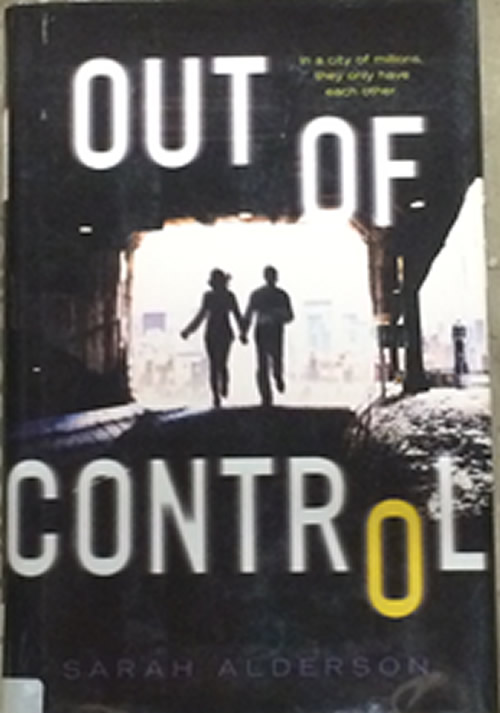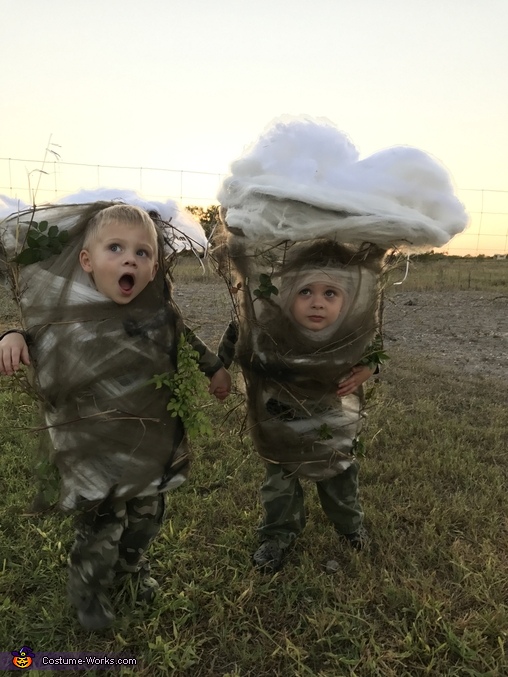

What’s the difference between anxious parenting versus being parental? Being responsible and standing our ground is being parental, because we’re doing what our child needs to guide him to a better place. But now, instead of seeing him as “broken” or the problem, you’ll hold him to higher expectations.ĭon’t get me wrong, when our kids are acting out, we need to hold them accountable rather than anxiously focus and fret about them. Don’t get me wrong, you still need to hold him accountable for his poor behavior. If you begin to see that your child is the symptom-bearer of the family unit rather than a “problem child,” you’ll be more understanding and empathetic rather than angry and frustrated. Work to change what is under your control instead of worrying, over-focusing and trying to control your child. This will help you see that you are a part of the problem, and also part of the solution. Remember that your family, not your child, is the emotional unit. Are these expressions of tension in the family, or ineffective relationship patterns that need more attention paid to them? Ask yourself some hard questions, like the following: “By putting so much focus on my child, what do I get to avoid in myself and in my own adult relationships?” Consider what he might be expressing through his behavior. Stop it by taking the intense focus off your acting-out child and pay more attention to yourself and your relationship patterns. If you see this cycle happening in your family, the first thing to do is recognize it for what it is.

You’ll see him becoming anxious in some way he’ll be the one with the “symptoms.” While there’s no one to blame for this, it’s ultimately our responsibility as parents to keep an eye out and not let our stuff spill onto our kids. If you have a child who’s particularly vulnerable to moods, he might absorb or take on the stress and become the sponge. The father shuts down and withdraws and then the child picks up on his distress. This snowball effect can start simply: Let’s say every time a mother is upset, she offloads her stress by complaining loudly. It becomes a vicious cycle that’s hard to stop. Once a disorder develops, more and more intense focus is drawn to their problems at home and at school. As a result, the child may show hyperactivity, learning issues, or behavioral or social symptoms. Take into account that when anxiety collects in a person, their brain and body chemistry becomes changed. If the adults put the focus on the child and not on themselves, they never get to resolve their own problems or ineffective patterns-instead, the over-focused child will develop problems. When a child becomes the “anxiety sponge” for the family he or she will often develop some problems. The more she is fretted over, the more anxious and symptomatic she will become-and the more symptomatic she becomes, the more focused they will become on her. Not realizing that their child’s response is an expression of anxiety that came from the family unit, they may come to see her as the problem and begin worrying about her. If they don’t get it worked out over time, the six year old might continue to react to the intensity by acting out more and more-and the adults will begin to focus on her. In the family just described, the original anxiety exchange was between the two parents. Most of the time, rather than disturbing everybody in the family, anxiety seems to settle in one person-often a child. This is a natural and automatic response. In this way, anxiety moves from person to person in a family unit. She runs to her room and starts yelling and acting out. Now Chloe, the six-year-old, experiences this emotional intensity and feels uncomfortable and upset. Next Jack, the two-year-old, seeing or feeling Mom’s distress, starts crying. Mom may react to this by shutting down or defending herself, but either way the anxiety has moved to Mom. If Dad comes home from work upset about a deal that didn’t go through, he may automatically take it out on Mom by criticizing her about the messy house. Let’s consider how anxiety travels in a group of people. I also want to add here that if this is going on in your family, it’s not too late: it’s possible to change your family’s pattern no matter what stage you’re in with your child. I believe that if you want to go about changing the problem, you need to get the focus off the “symptomatic” one and instead onto the relationship patterns in the family.

This does not lay the blame on anyone it simply means every member of the family group is a contributor in some way. For the most part, kids who act out are symptoms of something much larger-often, it’s an emotional or relationship problem. As a result of their difficult behavior, you naturally begin to focus on them.


 0 kommentar(er)
0 kommentar(er)
